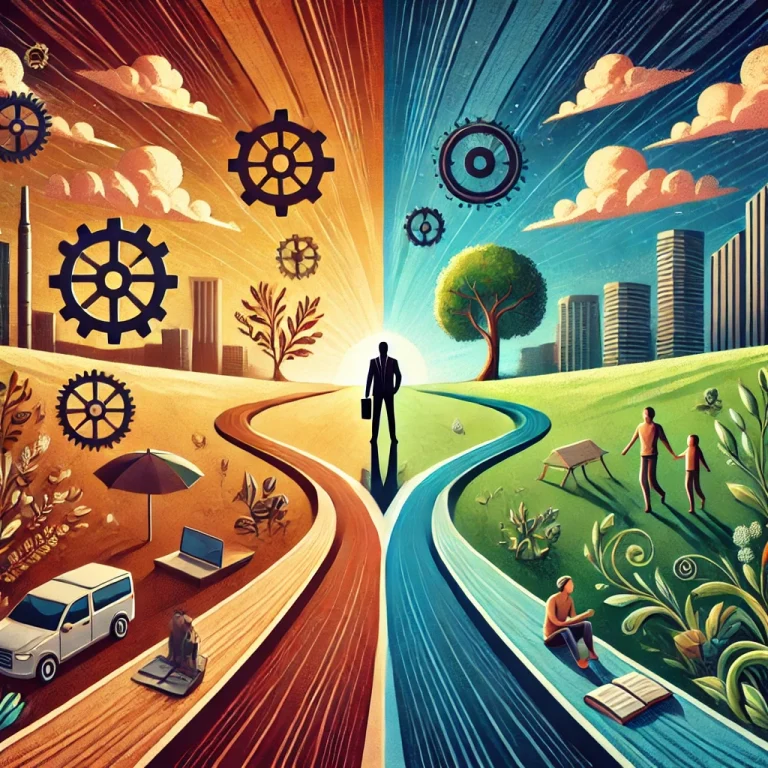Why AI will not replace humans anytime soon
Here’s your text with only typos and awkward sentences corrected. I preserved your style and phrasing as much as possible.
Corrected Version
AI will be dependent on humans for a long time, and it’s not going to take over anytime soon, but humans who understand how it works will benefit from it more. This is a little deep, but it’s about the limits of AI from my perspective, doing some coding with AI now…
A big keyword is “context window,” and it’s basically how much the AI can keep in its memory in a conversation. Some of the big models like the paid version of Google Gemini and ChatGPT Pro go up to about 1 million tokens.
So what is a token? It’s how things are stored in AI, and on average a token is about four characters. So the word “cat” is three characters. It’s not that important to understand much deeper than that, but just to say we can calculate how much can be in the memory at one time by measuring in tokens.
A medium-sized paperback book would be about 100,000 tokens, so you might say 1 million tokens is 10 books. A medium-sized software product would be perhaps 200,000 tokens when measured by the number of lines of code.
On the surface, it sounds great that AI could instantly put the whole software product into its memory. It knows every line of code, and it can readily make edits to the code. It can look inside the code, find things, and then build relationships to see how things work together so that it can make changes and improvements.
But the problem is there are thousands or tens of thousands of relationships going on inside that code. If we put this in the context of a book rather than code just for simplicity, we might ask it to find all characters named John and then change the name to David. That’s a piece of cake. It could get even a little more complex than that and find all places where David was in the book and then talk about his wardrobe and appearance a little bit more to add more detail to the story.
But where AI totally fails is in understanding the web of relationships throughout the book: the timeline, how the characters are interacting with each other, the character backgrounds, geography, and so much more.
To be able to do this would require hundreds of millions or even billions of tokens to really map out everything in the book and have that in memory.
To get 1 billion tokens into memory would involve something like 476 TB of memory just to do one operation, so we’d be talking about perhaps $100,000+ per action performed with 1 billion tokens—if that was even possible, which it is not right now.
And this is where the human brain reigns supreme. It can map out the relationships in the book. If you read the book a couple of times, you’ll really have a huge map in your brain of all those relationships.
And assuming you can reach that level of understanding about the book—which anyone can—and you know how to talk to AI about it, you can write some pretty awesome software. And you’ll be able to write at a much faster pace than someone who is typing.
I’m sure this can be applied to many other areas besides just software in terms of how humans interact with AI.
A job title that I have heard referred to recently, which may start to take root, is AI Orchestrator. I believe we will need many people who are able to do that in the coming years.
Without people who can do this, AI will be very limited in how it can serve humans. AI needs a human in the middle who understands the big picture and then can direct AI to do more granular stuff.
Now another area is how they are training models on data, and that training does involve billions of tokens or even tens of billions—perhaps hundreds of billions.
That’s not the same thing as memory, but rather it’s access to knowledge. But what it can’t do is put all that together into a new software project or even a book that actually works well or reads well.
But with a human in the middle, with instant access to tens of billions of tokens of knowledge, they are able to orchestrate the creation of something at a much higher level and more accurately than without AI—so much so that amazing things are possible.
I know there are a lot of people who don’t trust AI and think it may take over the world or something, but I would state that in a different way. It will be the humans who are using AI who can make the greatest impact on the future, whether that be for good or for bad, and it is humans we should be suspicious of. And it is also humans who can do some wonderful things with AI.
We do have what might be characterized as perhaps 80% or more of all human knowledge tokenized now, and that’s just an estimate. But going off of my earlier example of how many tokens would be required to put together all the relationships inside of a 300-page book and put that into memory—in our example, it was perhaps 1 billion tokens for one book—and then we take the tens of billions of tokens, or maybe even over 100 billion, that is human knowledge tokenized right now, and try to put all that into a map of relationships that AI can understand, all the computing power in the world would not be enough for even a small fraction of the relationships of data and knowledge.



